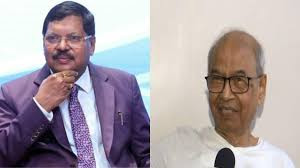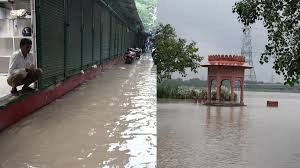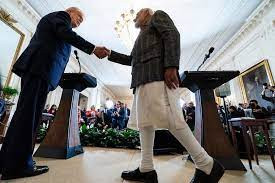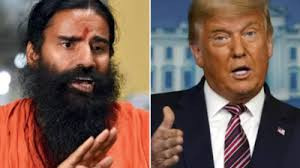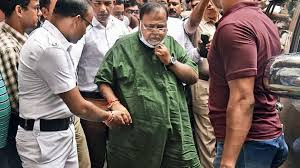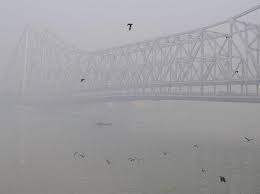Defence Minister Rajnath Singh Calls for IAEA Oversight of Pakistan’s Nuclear Arsenal Following Operation Sindoor
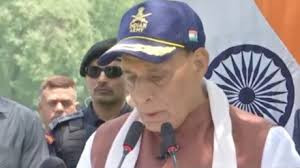
IIE DIGITAL DESK : The powerful and politically charged statement, Defence Minister Rajnath Singh has demanded international scrutiny of Pakistan’s nuclear arsenal in the aftermath of India’s successful counter-terror operation, codenamed Operation Sindoor. Addressing the media and strategic experts at a defence summit in New Delhi, Singh urged the International Atomic Energy Agency (IAEA) to take immediate steps to inspect and monitor Pakistan’s nuclear stockpile, citing serious global security concerns and the threat of proliferation to rogue elements.
The minister did not mince words as he lashed out at Pakistan, accusing it of irresponsibility, instability, and harboring dangerous ambitions while hiding behind its nuclear capabilities. "A country that cannot feed its population and is often described as ‘beggars with bombs’ has no moral or strategic right to possess nuclear weapons unchecked," Singh said, echoing growing sentiment in Indian defence circles that Pakistan’s weapons program has become a regional and global risk.
Singh’s remarks come on the heels of Operation Sindoor, a high-stakes counter-terror mission carried out along the western border, in which Indian forces reportedly neutralized several high-value targets linked to cross-border terrorism. The operation is believed to have uncovered intelligence pointing to increased tactical coordination between Pakistani terror outfits and elements of the state machinery—raising alarms in New Delhi over the potential for nuclear assets falling into extremist hands.
While the Indian government has long voiced concerns about the safety and intent of Pakistan’s nuclear program, Singh’s latest statement marks a significant escalation in tone, pushing for formal international intervention. He specifically called on the IAEA, the United Nations’ nuclear watchdog, to re-evaluate Pakistan’s compliance with global norms and to conduct a transparent audit of its nuclear facilities.
Experts believe Singh’s demand is aimed at putting diplomatic pressure on Pakistan while also mobilizing global opinion. In recent years, concerns have grown about the potential for instability in Pakistan to impact the security of its nuclear arsenal, particularly amid economic collapse, internal political unrest, and a resurgence of militant violence. These fears have been echoed in various Western strategic think tanks, though few have voiced them with the same bluntness as Singh.
Pakistan, which considers its nuclear deterrent central to its defence doctrine, has not officially responded to Singh’s comments. However, the Pakistani media and political analysts have criticized the Indian minister’s remarks, calling them provocative and politically motivated. Islamabad has traditionally rejected any external oversight of its nuclear assets, maintaining that its command-and-control structures are secure and in line with global standards.
Operation Sindoor, though shrouded in some operational secrecy, has significantly heightened tensions along the Indo-Pak border. Singh’s comments are seen as part of a larger Indian strategy to internationalize the risks posed by Pakistan’s nuclear policies and to frame the country as a threat not just to regional peace but to global nuclear security.
As international attention turns to South Asia, Singh’s appeal to the IAEA could spark debate within global diplomatic and strategic circles, potentially prompting a reassessment of the oversight mechanisms governing nuclear powers in volatile regions.
You might also like!





